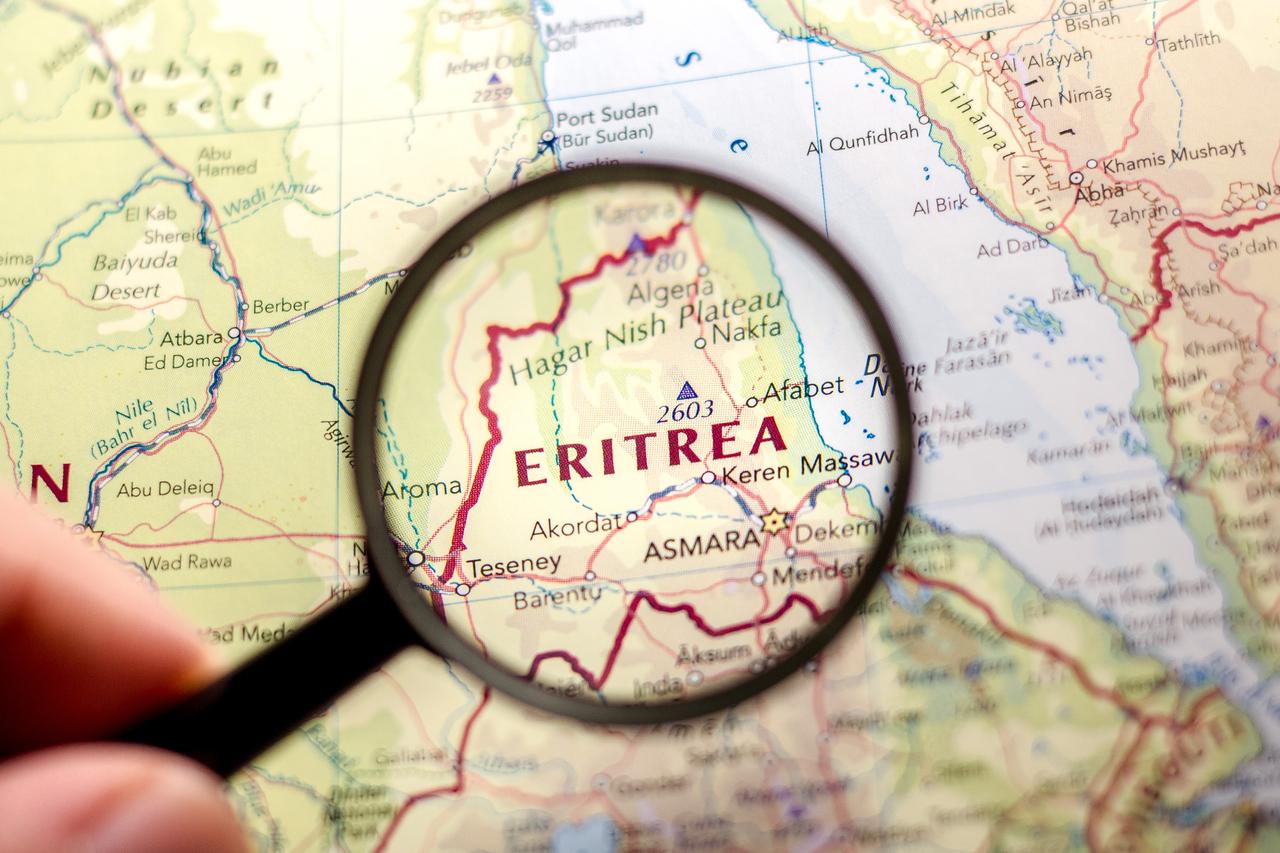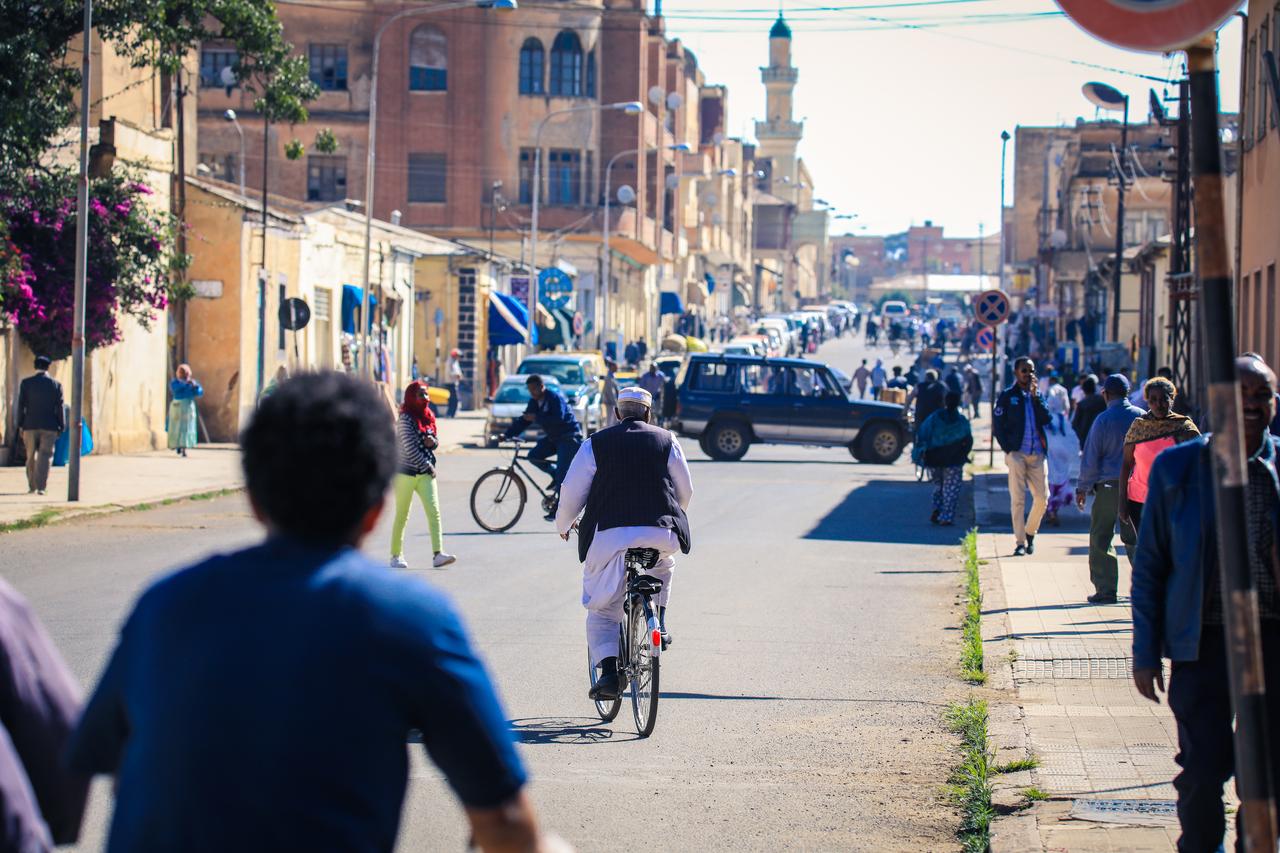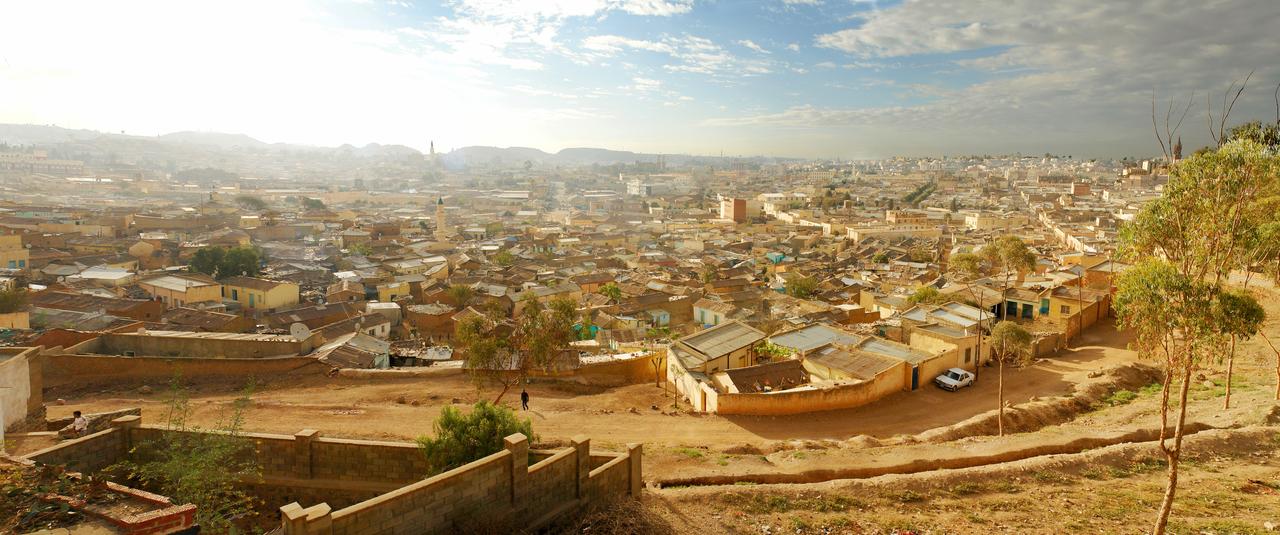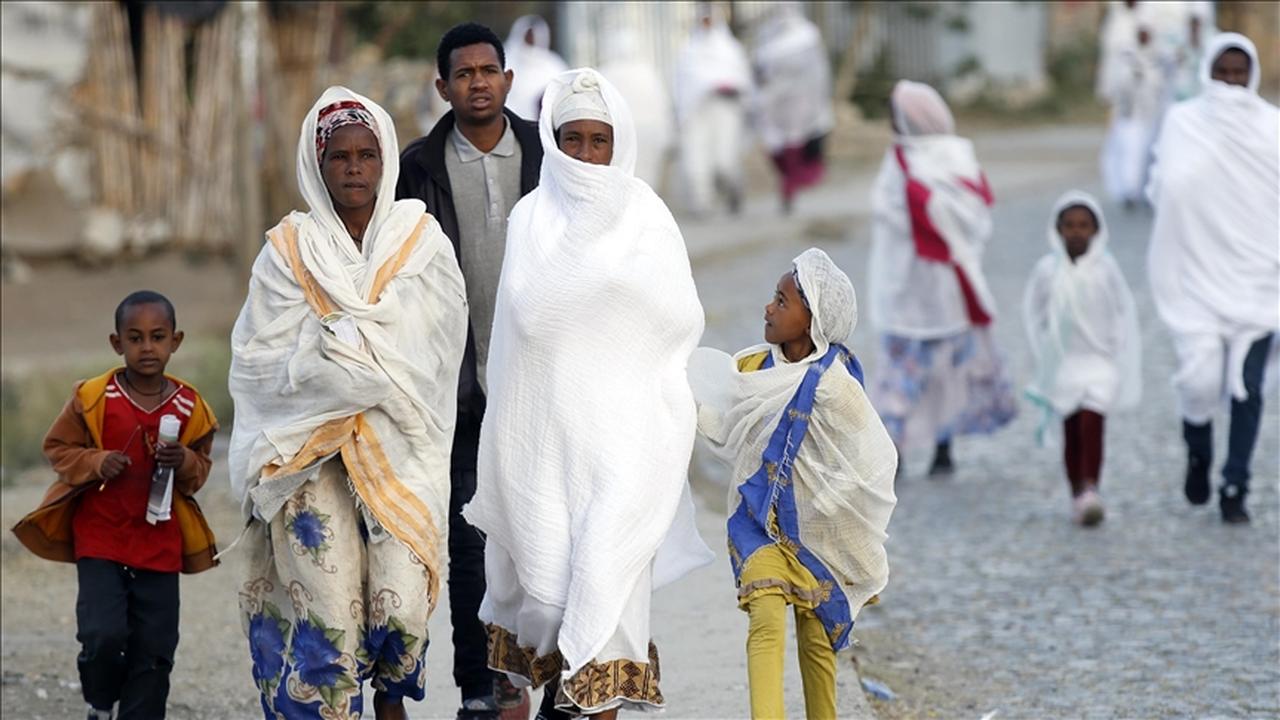
Visitors to Eritrea often feel as though time has stood still since the early 1990s. Traditional practices remain deeply rooted in daily life—public notices of deaths and social gatherings are still disseminated through street posters, while mobile phones serve a singular purpose: voice calls, with little to no use of modern digital features.
With the exception of a limited Wi-Fi network, the Eritrean government has yet to grant any licenses to mobile service providers to enable internet access on cell phones.
Internet cafes remain the only viable option for Eritreans seeking to connect with the outside world, as the state-owned telecommunications company, EriTel, offers only basic voice services and no mobile internet access.
Some view this measure as a deliberate restriction driven by security and political motives, while others see it as a delay in keeping pace with the technological revolution that has transformed the world into a closely connected global village.
The limited availability of internet services in Eritrea, confined mostly to internet cafes and select institutions, is widely attributed to the nature of the country’s ruling regime since independence.
Eritrea is considered one of the most closed systems regarding press freedom and media in general, marked by the complete absence of independent journalism since seven independent newspapers were shut down in 2001 under the pretext of overstepping their media roles.
According to the international data portal "DataPortal, the latest available data indicated that Eritrea’s internet penetration rate is only 20.0percent of the total population at the start of this year.
But these user figures also suggest that 2.86 million people in Eritrea did not use the internet at the beginning of 2025, suggesting that 80.0percent of the population remained “offline” at the start of the year.
Beyond the limited service availability, another major issue is the extremely slow Wi-Fi speeds, even in authorized locations, making online communication difficult. Additionally, video platform YouTube remains blocked nationwide.

Historically, Eritrea was considered one of the most advanced countries in its African region, especially during the Italian and British colonial periods. It boasted a highly developed wired telecommunications network—unmatched in the Horn of Africa at the time—as well as an extensive transportation infrastructure, including a cable car connecting the capital, Asmara, to the coastal port of Massawa.
Built in the early 1930s to transport goods from the port to the capital, this system was complemented by a railway network linking Eritrean cities through rugged mountainous terrain.
However, following the British withdrawal and Eritrea’s annexation by Ethiopia in 1962, coupled with the outbreak of the liberation war, development declined sharply, and the country’s economy collapsed. Eritrea eventually gained independence in the early 1990s after a three-decade-long struggle.

Yet, independence did not mark the start of sustainable development, especially in basic services. The ruling regime engaged in multiple armed conflicts with neighboring countries—Yemen, Sudan, and later Ethiopia—which severely undermined public services and led to economic deterioration.
These challenges were compounded by the regime’s tight grip on the economy, the absence of a private sector, and over fifteen years of international economic and financial sanctions.
Eritrean activists note that the uprisings in several Arab countries in 2011 heightened the regime’s fears about the political impact of social media. That same year, the government canceled plans to provide mobile internet service to its citizens through a deal with a South African telecom company, according to Arab media reports.
The cancellation was justified as a measure to thwart external plots threatening national security, particularly as most regime opponents live abroad. Consequently, the regime seeks to isolate its population from political influences disseminated by the opposition.

A report by Reporters Without Borders revealed that there are approximately 42 internet cafes in the capital, Asmara. The report highlighted widespread censorship imposed on the entire population, including bans on services such as Skype.
It also noted that these cafes represent nearly the only points of internet access in the country but are considered dangerous locations for dissidents and government critics due to tight security surveillance in public spaces.